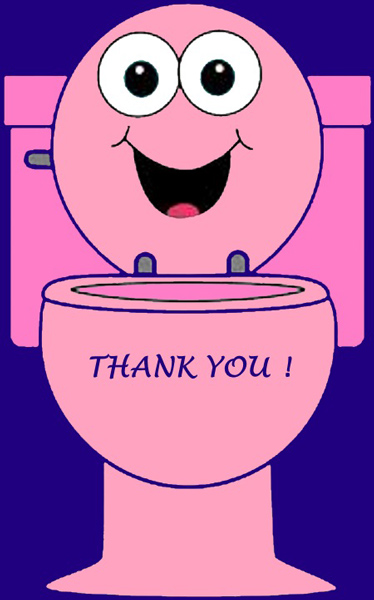When Indians go abroad they do not demand a health faucet; rather they try adapting to the western style, wiping after they are done in the washroom. Many dump the used tissue in the dustbin present in the toilet, for fear of a clogged drain which may lead to an embarrassing situation.

When Indians receive foreign guests, the first thing we check is our washroom, and ensure that it is equipped with a toilet paper roll. We do not even suggest that our visitors adopt the Indian hygienic-cleaning style, again, for fear of an embarrassing situation.
What wash does, no wipe can. Spill some fluid on the floor, wipe it, scrub it. Still there will be retention; wash it, the area will be totally clear of all stains. Similarly, no amount of wipes can clean the derrieres totally, which a single wash can do. Indians have learnt from their forefathers to wash after each toilet sitting. We are taught — the left hand is for cleaning and the right is for eating. Today, we use the hand shower to wash and clean to the last bit. This is not only hygienic and healthy, it also saves paper, and there is no fear of drain clogging, keeps away infections and saves the environment too.
Health workers and doctors agree that wiping can leave behind traces and excessive wipes can cause health problems such as anal fissures and urinary tract infections. Particularly when the movement is from back to front, which pulls the bacteria from the excreta to the body front. But washing cleans the area and leaves it fresh and healthy. It is also said that slight water pressure in the area stimulates smooth bowel movement too. One gram of faeces can contain ten million viruses, one million bacteria and 100 worm eggs.
Wiping can also contaminate your hand. If your toilet paper is white, it could contain bleach. Chlorine bleach creates dangerous toxins that can accumulate in the body causing serious health conditions.
WASH is a known word in Rotary, it is now time to teach the world — adopt wash in your washrooms and feel the difference.
The author is the President Elect of RC Belur, D 3291.





